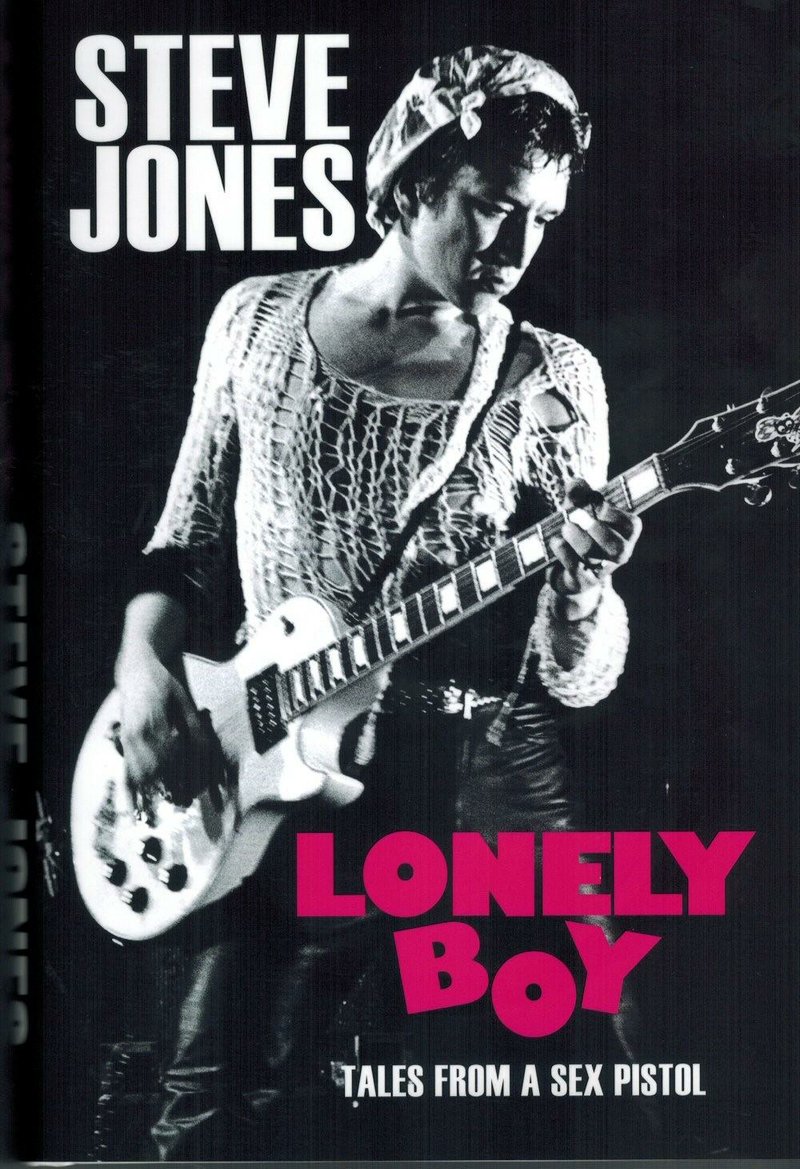They weren't the first punk rock band, but the Sex Pistols were certainly one of the most notorious, especially in their native England.
Together for just over two years, 1975-1978, the working-class Pistols, barely out of their teens, wasted little time in smashing the windows of rock 'n' roll's comfy mansion on the hill, accomplishing more in that short span than most bands do in a decade.
They'd been signed to and promptly dropped by two major labels before even releasing a full-length record, caused a national uproar by cursing during a talk show on live television and were banned from playing gigs in their homeland. The lead singer declared in song that he was an antichrist and an anarchist. They despised the queen and recorded just one seething and influential album before falling apart after an ill-conceived tour of the American South. They were flowers in the dustbin and they wanted to destroy passersby.
Their guitarist was a thieving, pill-popping, hard-drinking, skirt-chasing product of a broken home named Steve Jones, whose kamikaze riffs drop-kicked rock into something fast and dangerous.
Now Jones, clean and sober for years, the host of a free-form radio show in Los Angeles and an occasional actor, has written a memoir recalling, as best his admittedly faulty memory allows, those years and more. Lonely Boy, Tales From a Sex Pistol (Da Capo Press, $26.99) hits bookstores Tuesday.
It should be noted that Jones does not add much in the way of detail when relating some seminal Sex Pistols moments. The band's short, disastrous American tour, for example, is barely mentioned (for the curious, however, see road manager Noel Monk's 12 Days on the Road: The Sex Pistols and America. See also Julien Temple's The Filth and the Fury from 2000, the definitive documentary of the band and its chaotic existence).
What is here, though, is a freewheeling and sometimes disturbing story of an almost forgotten child who grew up illiterate and poor with an indifferent mother and a stepfather who sexually abused him; a boy who escaped through rock music, stealing anything that wasn't nailed down, spying on couples having sex in London's rougher precincts and bedding most any girl in his vicinity.
By his midteens, Jones and best buddy Paul Cook, who became the Pistols' drummer, had discovered a sanctuary of sorts at the clothing shop owned by provocateur Malcolm McLaren -- who eventually managed the band -- and his wife, Vivienne Westwood. It was also where Jones met original Pistols' bassist Glen Matlock (later booted for Sid Vicious) and anti-everything singer John Lydon, renamed Johnny Rotten by Jones because his teeth were so gross.
And while Jones was taking speed and teaching himself to play guitar by listening to albums by Detroit proto-punks The Stooges, he was also honing his other craft.
When people talk of thievery in rock 'n' roll, it usually has to do with someone unimaginatively copping someone else's sound. Jones, however, stole equipment. In fact, the Sex Pistols' first gig (which ended in a fight) was played with gear he had ripped off from a Bob Marley show at the Hammersmith Odeon. Jones also nicked equipment from, among others, Bryan Ferry, the band 10cc and David Bowie after the next-to-last performance of Ziggy Stardust and the Spiders From Mars.
There's also the time when Jones, obsessed with Rod Stewart and the Faces, broke into the home of Faces and Rolling Stones guitarist Ron Wood and stole Wood's jacket, which, to his disappointment, may have turned out to actually belong to Keith Richards.
After the Pistols' pitiful end following their ill-fated U.S. tour, Jones lived off his notoriety for a while, appearing with Cook in McLaren's mostly dreadful film The Great Rock 'n' Roll Swindle. He picked up a heroin habit to go along with his alcoholism and moved to America, where he promptly bottomed out, reduced to standing on New York street corners selling glossy publicity photos of rock stars stolen from a girlfriend's ex.
He would soon make his way to California, kick the drugs and drink, learn to read and write, work as a guitar-for-hire (there's a great story involving a Bob Dylan session, Mickey Rourke and a bunch of bikers) and record a couple of solo albums before finding a home on the radio with his gleefully loose show Jonesy's Jukebox. There was also a recurring role on the TV show Californication, a couple of Pistols reunions (with Matlock on bass replacing the deceased Vicious) and a search for the father he never knew.
Jones' voice is profane, loaded with English slang, a bit bewildered and often funny. He's not politically correct -- most women are "birds" or "chicks" (though, to be fair, most men are "geezers" or a four-letter word that can't be printed here). He's admittedly shaky on facts, though he does capture what it was like to be a Sex Pistol in that upheaval of mad, tabloid-fed notoriety, fame and occasional violence in mid-'70s England. He is also surprisingly kind to the late McLaren, whom the band successfully sued for mishandling its money. The polarizing and scheming manager served as a sort of father figure to him, Jones says, in those early days before all the punk-rock-call-it-filthy-lucre frenzy.
Lonely Boy isn't a crucial read but Jones, despite his womanizing and penchant for theft, is sympathetic and you're happy he has made it this far in one piece, sense of humor intact and destructive impulses at bay.
Style on 01/08/2017
